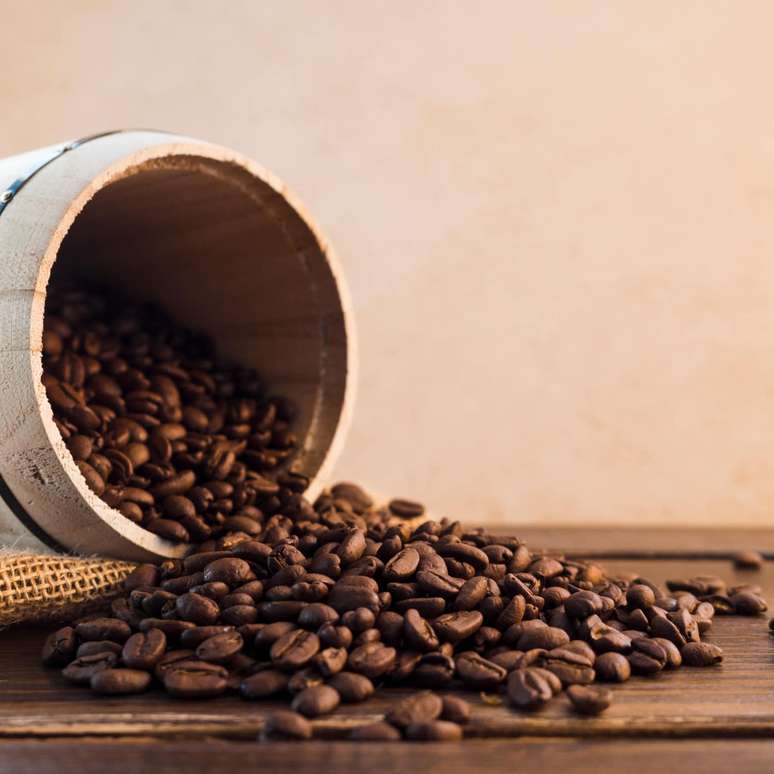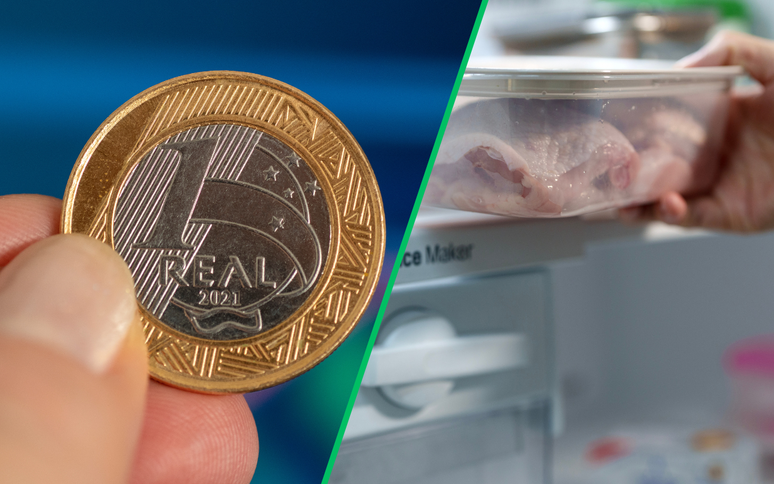Summary
In 2024, the coffee price increased by 46% in the shops of the shops in Brazil, affecting directly on the consumer’s pocket. Experts indicate a trend of continuity of this short -term discharge.
The price of coffee, one of the most consumed drinks in Brazil, increased by 46% in the retail gondolas in 2024. This growth directly affects the consumer’s pocket and was considered one of the bad guys of food inflation in the country.
The increase began at the end of 2023, when they produced countries such as Vietnam and Indonesia reduced to their production. In 2024, the Brazilian harvest was also lower due to drought and high temperatures, which triggered prices. In the retail trade, the increase of the last three months has already exceeded 50%, according to the Union coffee broker.
According to the professor and coordinator of the Center for Finance Studies at the Alvares Penteado School of Commerce Foundation (Fecap), Ahmed El Khatib, sometimes at high prices, the replacement of the product can be an interesting alternative for consumers.
“In periods of inflation, the replacement of the product is one of the most effective strategies to balance the budget. When the price of an article increases, the consumer can look for more convenient alternatives such as the change of beef for chicken or pork or choose seasonal fruit and vegetables, which are often cheaper “, explains El Khatib.
The increase in food prices can have an impact on other products. When the price of an article increases significantly, consumers migrate to substitutes, which can generate “cross -inflation”. For example, with the price of the beef price, the demand for chicken and pork tends to increase, which can lead to an increase in the prices of these products.
Alternatives to coffee
In the case of coffee on the ground, whose price increased by 40% in 2024, some alternatives were suggested to save money. Among the most convenient substitutes there are:
• tea: Tea is one of the most popular cafes substitutes, being a cheaper option, although with less caffeine. Black tea, green tea and herbal infusions are interesting alternatives, in addition to matching tea or match, which can offer similar stimulating effects.
• Toasted barley: It is a traditional alternative, with a flavor similar to coffee, but without caffeine, and is usually cheaper.
• chicory: From the colonial period, roasted chicory is used as a substitute for coffee in Brazil, offering a remarkable and financially accessible flavor.
• Soluble coffee: Although it is a coffee, the product is often cheaper than the traditional ground coffee.
Strategies to reduce the impact of inflation
When substitutes are not a practicable option, other strategies can be adopted:
• Purchase in greater quantity: Taking advantage of promotions and storage of non -perlable foods can help reduce the impact of long -term prices increases.
• Exchange premium brands for generics: The lesser -known brands are generally cheaper without compromising the quality of the product.
• Reduce waste: Planing meals better and avoiding food waste is a strategy that can cause the economy.
• Look for regional alternatives: Local products tend to have more affordable prices due to the proximity to the distribution points.
The fecap teacher underlines that even in price of price, it is possible to mitigate the impacts of inflation, adopting more strategic habits on the consumption of food and drinks. “Flexibility in food choices and careful planning are essential to maintain the financial balance of families,” concludes the teacher.
It inspires the transformation into the world of work, business, society. It is the creation of the compass, content and the connection agency.
Source: Terra
Ben Stock is a lifestyle journalist and author at Gossipify. He writes about topics such as health, wellness, travel, food and home decor. He provides practical advice and inspiration to improve well-being, keeps readers up to date with latest lifestyle news and trends, known for his engaging writing style, in-depth analysis and unique perspectives.









